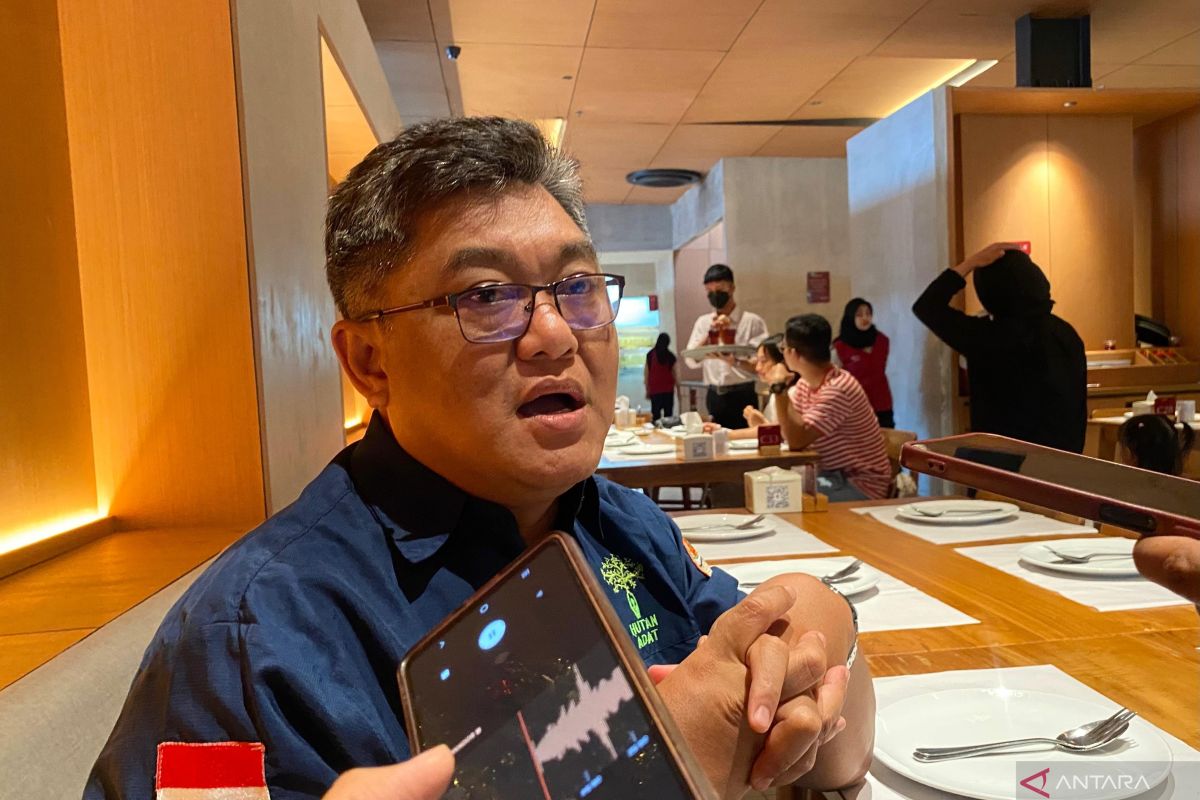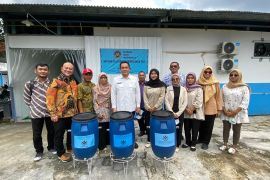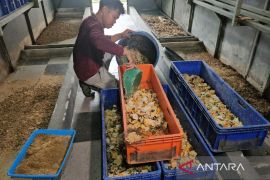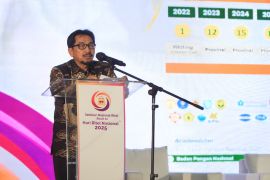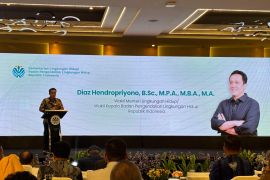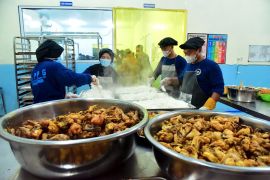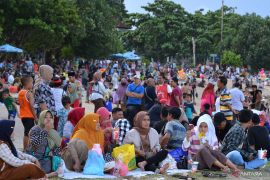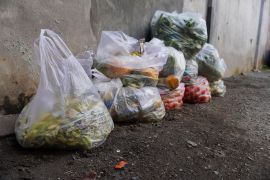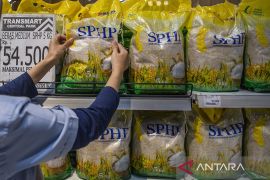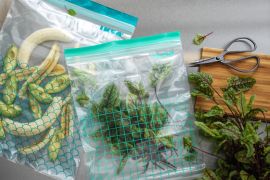Head of the Sub-Directorate for the Stipulation of Customary Forests and Rights Forests at the ministry Yuli Prasetyo Nugroho said on Monday that a number of lessons related to waste management can be taken from the practices of several indigenous communities.
He delivered the remarks after a media discussion and the launch of the Food Waste by Envmission application in Jakarta.
He gave the example of the community at Cireundeu Traditional Village, West Java, which consumes cassava and utilizes all parts of the food.
"Nothing should be wasted. The remaining cassava is composted and so on. Even though the compost is simple," Nugroho said.
He also gave the example of the Punan Batu Dayak Tribe in Kalimantan, a hunter-gatherer tribe, whose members only take enough from the forest for consumption and avoid excessive exploitation.
"They take it as needed. Because if they take more, some might rot. They take it, then divide it up into groups; they never make such a large stock," he explained.
Local wisdom can be applied to present-day community life, especially in urban areas, to reduce the volume of waste, especially food waste that accounts for the majority of waste that winds up at final disposal sites (TPA).
According to data from the National Waste Management Information System (SIPSN), in 2023, of the total waste accumulation of 40.11 million tons, 39.62 percent was food waste.
The second-largest component of the national waste stream was plastic waste (19.15 percent).
Related news: BRIN develops biogas-based food waste processing technology
Related news: Nutrition Agency to use free nutritious food waste as fertilizer
Translator: Prisca Triferna Violleta, Cindy Frishanti Octavia
Editor: Rahmad Nasution
Copyright © ANTARA 2024
